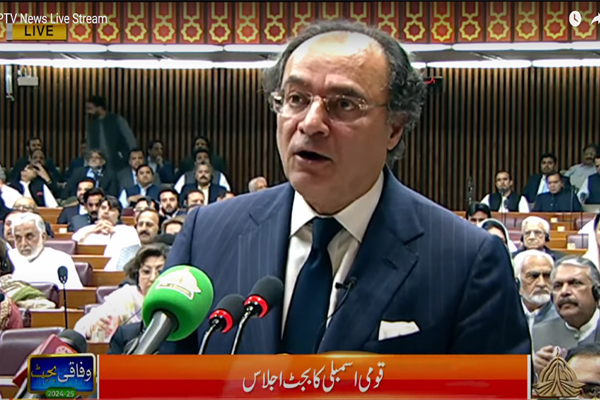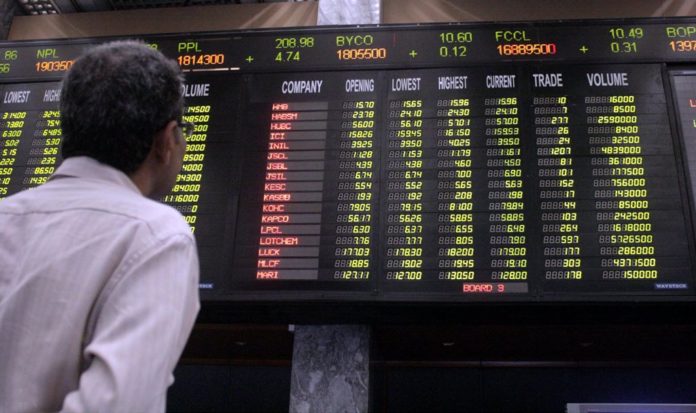Mohsin Siddiqui (Chief Reporter)
The financial burden on the general populace, the government led by Prime Minister Shahbaz Sharif has announced a substantial reduction in the prices of petroleum products. This decision, made public on Tuesday night, is poised to bring relief to citizens grappling with the persistent challenge of high fuel prices.
The latest notification reveals that Prime Minister Shahbaz Sharif has greenlit a decrease of Rs 5.45 per liter in petrol prices and Rs 8.42 per liter in diesel prices. As per the finance ministry’s announcement, the revised prices stand at Rs 288.49 per liter for petrol and Rs 281.96 per liter for High-Speed Diesel (HSD). These adjustments are slated to take effect for the next fortnight starting from May 1.
This move holds significant promise for providing relief to the masses, who have long borne the impact of soaring fuel costs. The reduction in petroleum prices is anticipated to yield several benefits, both for individual consumers and the broader economy.
One of the immediate advantages is the tangible financial relief it offers to citizens. With fuel expenses constituting a significant portion of household budgets, a reduction in petrol and diesel prices directly translates to increased disposable income for individuals and families. This additional financial flexibility can positively influence spending patterns, potentially stimulating economic activity at the grassroots level.
Furthermore, the ripple effects of this decision extend beyond individual households. Lower fuel prices are expected to alleviate the financial strain on businesses, particularly those reliant on transportation for their operations. Reduced transportation costs can lead to lower production expenses and, subsequently, more competitive pricing for goods and services. As a result, consumers may benefit from more affordable essential commodities, contributing to overall cost-of-living relief.
Moreover, the reduction in fuel prices can have far-reaching implications for the macroeconomic landscape. Transportation costs play a pivotal role in the supply chain dynamics of various industries, influencing production, distribution, and pricing mechanisms. By lowering these costs, the government’s initiative could enhance the efficiency of supply chains, promoting smoother logistics and potentially bolstering productivity across sectors.
In addition to its immediate economic impact, the move reflects the government’s responsiveness to public concerns and its commitment to addressing the pressing needs of citizens. By prioritizing measures that directly alleviate the financial burden on the common man, Prime Minister Shahbaz Sharif’s administration demonstrates its dedication to promoting social welfare and economic stability.
It is worth noting that the reduction in petroleum prices comes at a time when global oil markets are experiencing fluctuations, with prices subject to various external factors such as geopolitical tensions and supply-demand dynamics. Despite these externalities, the government’s decision underscores its resolve to mitigate the adverse effects of volatile oil prices on domestic consumers.
Looking ahead, the effectiveness of this measure in delivering sustainable relief to citizens and stimulating economic growth will be closely monitored. While the immediate impact is expected to be positive, ongoing efforts to address structural challenges and enhance economic resilience remain imperative for long-term prosperity.
In conclusion, Prime Minister Shahbaz Sharif’s government’s announcement of a significant reduction in petroleum prices represents a proactive step towards alleviating financial burdens and fostering economic stability. By prioritizing measures that directly benefit citizens, the government reaffirms its commitment to promoting the well-being and prosperity of the Pakistani populace.




